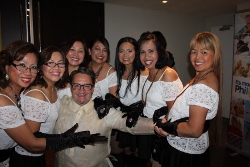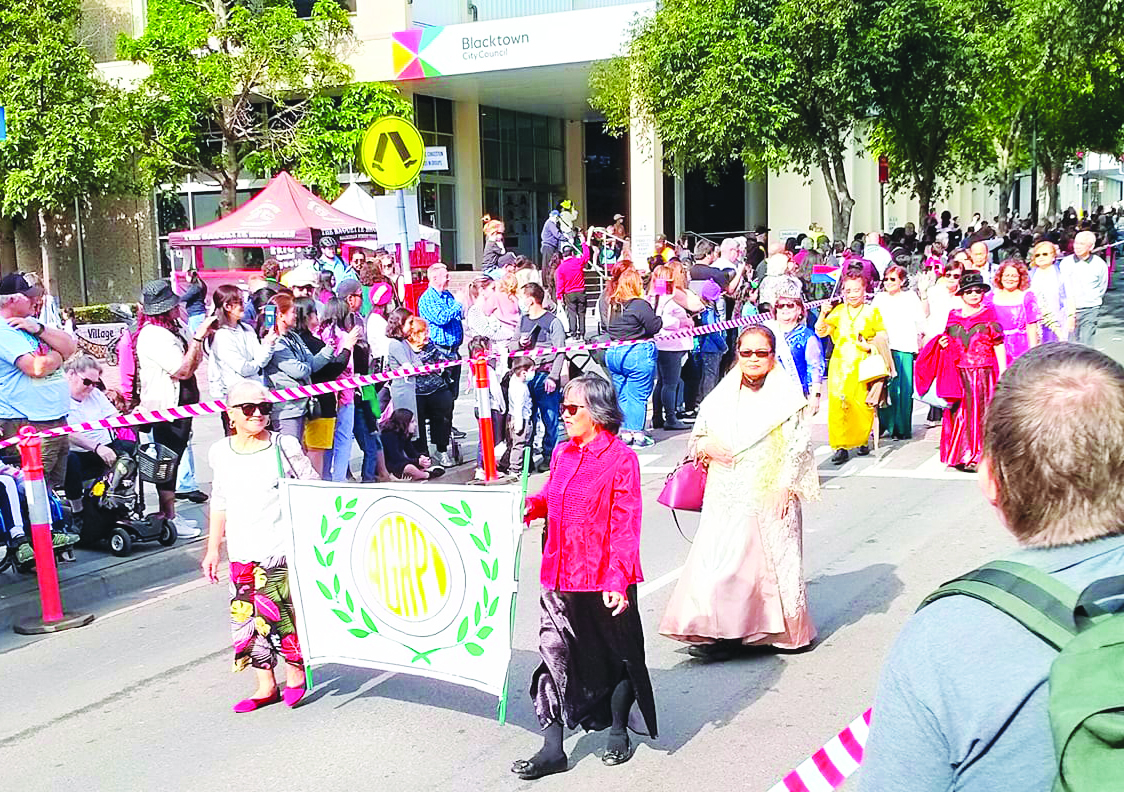 A recent survey by McNair Ingenuity Research, has revealed that some Asian migrant cultures such as Filipinos, are better at assimilating Australian culture with their own traditions, than some European migrant communities.
A recent survey by McNair Ingenuity Research, has revealed that some Asian migrant cultures such as Filipinos, are better at assimilating Australian culture with their own traditions, than some European migrant communities.
As part of a series of ongoing surveys amongst different ethnic groups, the research was conducted amongst 800 members of the Filipino and German communities across Australia. The results showed that Filipinos were significantly more likely to retain their traditional customs and more likely to adopt new Australian customs, than their German counterparts.
87% of Filipinos said that they continue to celebrate traditional customs with 90% of those that do, also celebrating adopted Australian traditions. In contrast, four-in-ten Germans and in particular those who migrated to Australia in the last 5 years, have dropped many of their traditional customs. Of these recent migrants, only 2-in-10 (or one-in-five) celebrated important life events such as birthdays and marriages in the Australian way.
German migrants who have adopted Australian customs were on average 30% more likely to have replaced traditional German customs with the new Australian ones, whereas the Filipinos adopted both – celebrating Filipino and Australian festivals and events.
‘What this means is that Filipinos are far more likely across the board to integrate both cultures into their daily lives’, said lead researcher Matt Balogh. ‘The research shows that three quarters of Filipinos take up ‘Australian ways’ not just to blend in, but by incorporating them into the home lives’ he said. ‘Conversely it appears that Germans migrating to Australia, particularly in more recent years, are experiencing a cultural vacuum, dropping their heritage without fully embracing the Australian way’ said Balogh.
McNair Ingenuity Research continues to expand their research to include more ethnic speaking communities in Australia over the coming year.
The McNair Ingenuity Research Multi-cultural Survey was conducted March – May 2014 as part of an online national survey to a total of 800 German and Filipino speakers, over 18 years. The results are weighted based on 48,000 German speakers (18+years) and 70,000 Filipino speakers (18+years) nationally.









Leave a Reply